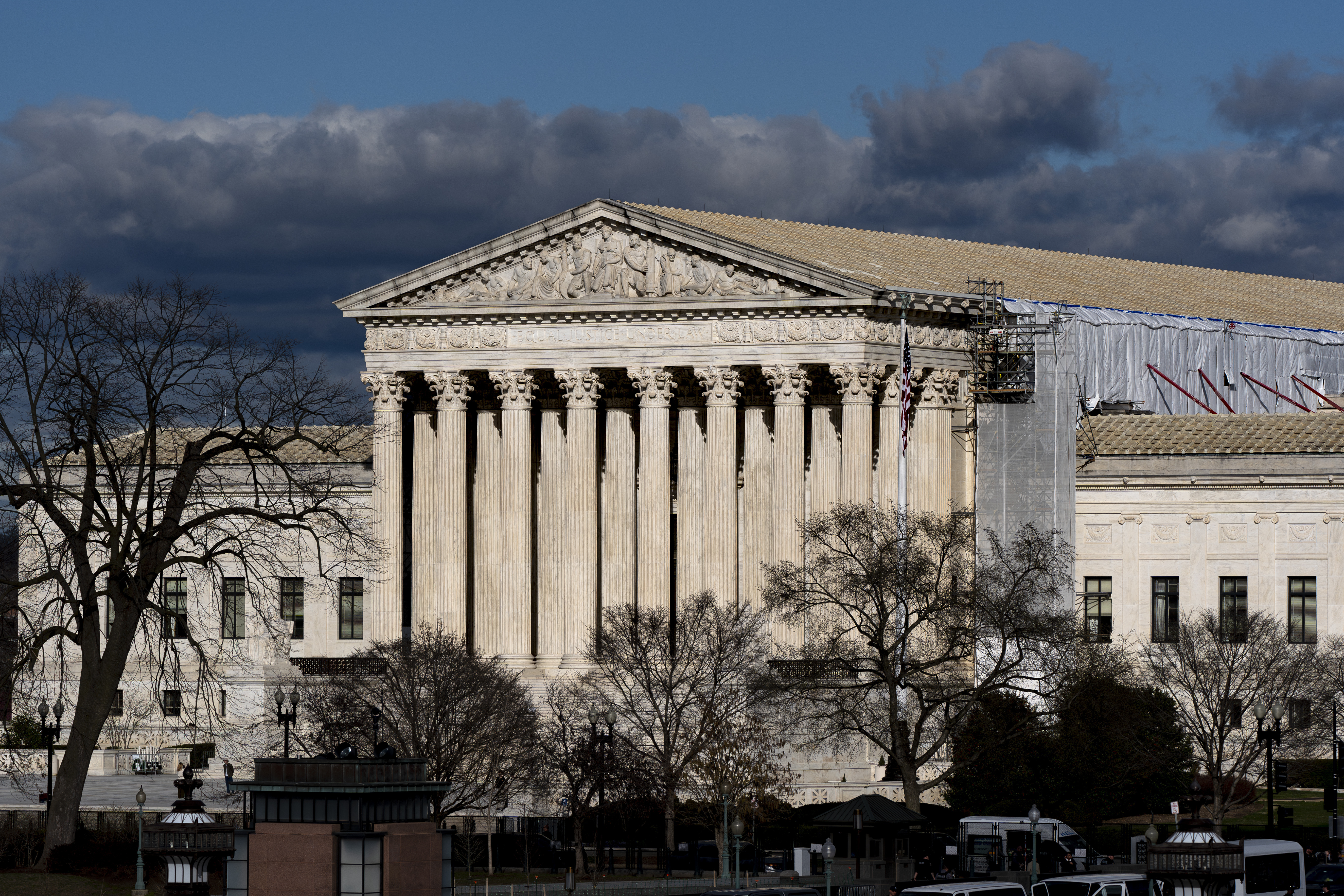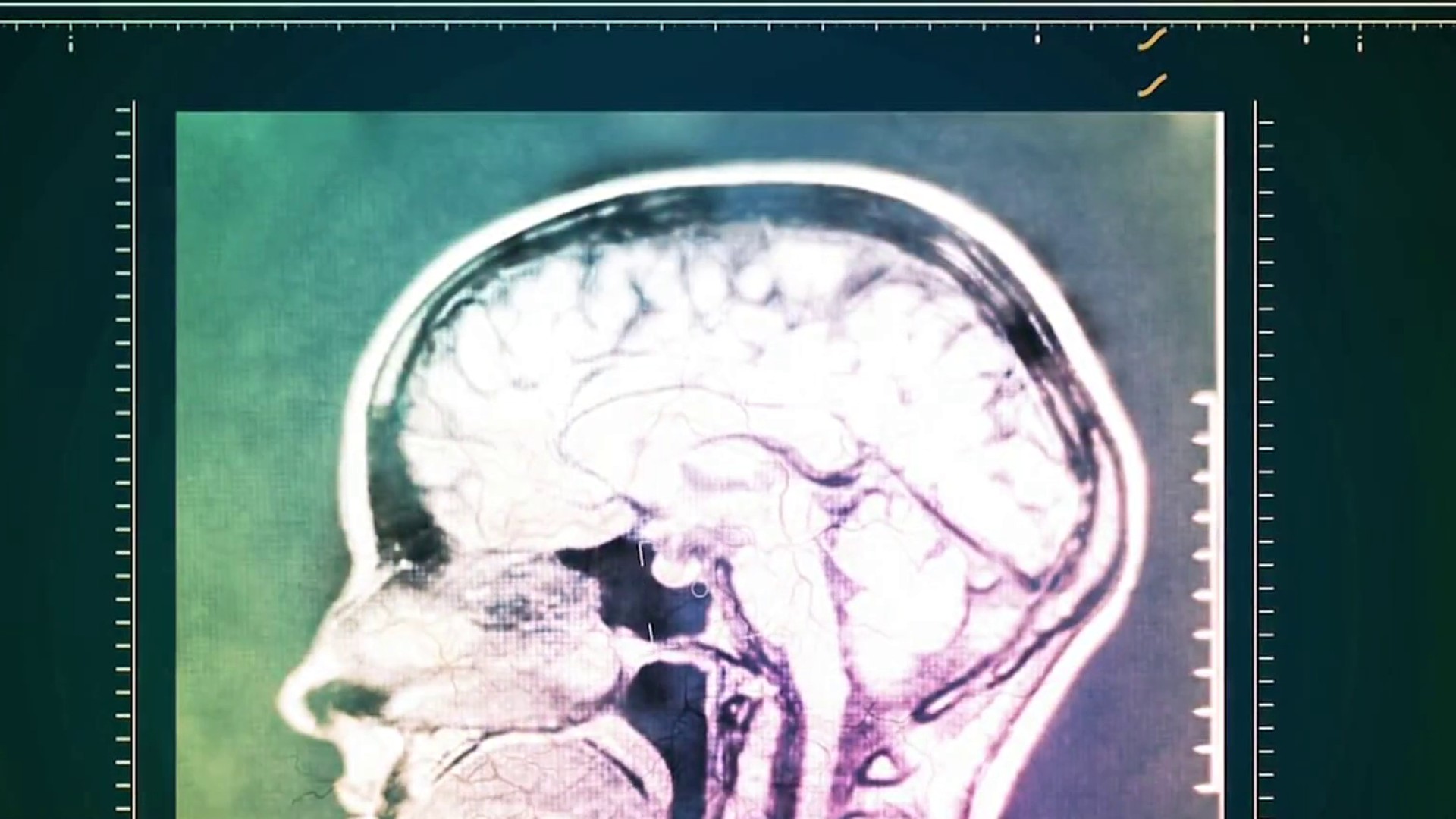A recent release from the Centers for Disease Control (CDC) details unsettling data: over one-third of adults in the U.S. have prediabetes.
Aren’t we pre-exposed and have pre- almost everything, though?
Don’t dismiss the statistic so quickly, experts warn: that means more than 79 million Americans are at increased risk for type 2 diabetes, which may eventually lead to conditions such as heart disease, stroke and even death.
The question is, could you be included in that figure?
"These distressing numbers show how important it is to prevent type 2 diabetes and to help those who have diabetes manage the disease to prevent serious complications such as kidney failure and blindness," said Ann Albright, Ph.D., R.D., director of CDC's Division of Diabetes Translation, in the release. "We know that a structured lifestyle program that includes losing weight and increasing physical activity can prevent or delay type 2 diabetes."
Elizabeth P. Wheaton, M.D., explains that prediabetes develops when the body begins to lose its ability to process glucose by way of insulin, causing a rise in blood sugar levels. The main contributing factors to such abnormal levels include leading a sedentary lifestyle and consuming an unhealthy diet high in fats, carbohydrates and sweets.
“Poor diet, lack of exercise and increased weight cause a constant elevation of sugar that can begin to affect the body's functioning,” Dr. Wheaton added. “The time from the development of prediabetes to diabetes varies from person to person. It can take a few months, a year or may never occur. About 30 percent of those with prediabetes develop diabetes.”
Health
According to the release, 26 million Americans have diabetes and 7 million are not even aware that they have the disease. If left undiagnosed and untreated, Dr. Wheaton emphasizes that diabetes can lead to severe health complications.
“For example, it can greatly increase a person's risk of a heart attack and stroke; it can reduce one's ability to fight infection; it can lead to loss of kidney function, sometimes requiring dialysis; it can also lead to poor circulation in your legs, causing pain and, if severe and left untreated, can lead to blockage of the arteries, requiring amputation. Preventing diabetes reduces the risk of all of these conditions and others,” Dr. Wheaton stated.
Despite the public’s increasing knowledge of the disease, rates of diabetes are continually climbing off of the charts. In following these trends, the CDC projects that one in every three adults will have diabetes by 2050.
To educate Americans on how to manage diabetes, the CDC, in collaboration with the National Institutes of Health (NIH), have developed the National Diabetes Education Program. The program includes over 200 federal, state and local organizations that work to target the demographics with diabetes and those at risk to improve treatment and ultimately to prevent the disease.
An additional program, the National Diabetes Prevention Program, works with partners including the Y and United HealthGroup to teach and encourage lifestyle choices, like how to maintain a nutritious diet and increase physical activity.
“CDC monitors those programs, which are set up and operated by other organizations, to ensure they truly are helping people make lifestyle changes that will improve their long-term health,” Dr. Albright said.
Though “diet” and “exercise” are components drilled into our heads, time and time again, it’s for good reason. The body can only take so much mistreatment, and statistics are displaying alarming trends of the unhealthy state of our nation.
“Being overweight or obese increases the risk of type 2 diabetes, and most Americans are too heavy,” Dr. Albright concluded. “Getting at least 150 minutes of exercise each week and losing a modest amount of weight -- just 5 to 7 percent of your body weight -- can prevent or delay type 2 diabetes. Making those lifestyle changes are key to reducing the risk, and that’s something Americans can do.”



